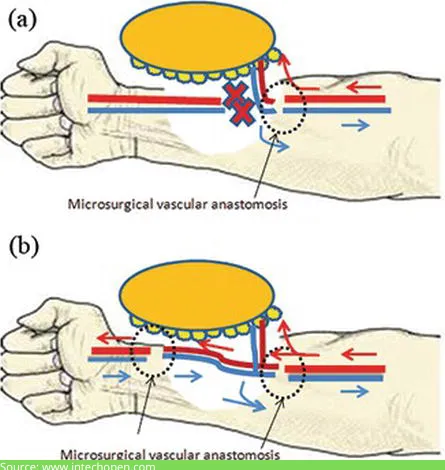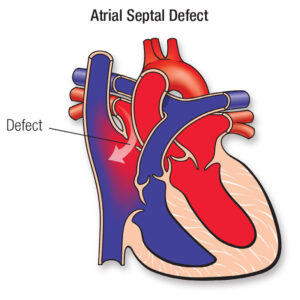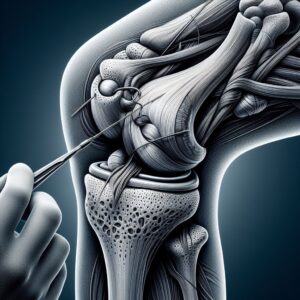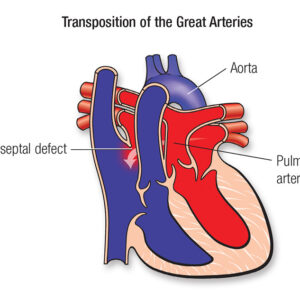Description
Familiarity with Treatment:
Free tissue transfer, also known as microvascular free flap surgery, involves the transplantation of tissue, such as skin, muscle, or bone, from one part of the body to another to reconstruct complex defects resulting from trauma, cancer resection, or congenital anomalies. This intricate surgical procedure is often performed using microsurgical techniques to reattach the transplanted tissue’s blood vessels and restore blood supply.
Procedure:
- Donor Tissue Harvest: Tissue from a donor site, often located at a distant part of the body, is carefully harvested while preserving its blood supply.
- Recipient Site Preparation: The defect at the recipient site is meticulously prepared to receive the transplanted tissue, ensuring proper fit and alignment.
- Microvascular Anastomosis: The blood vessels of the transplanted tissue are connected to recipient site vessels using microsurgical techniques to restore blood flow.
- Tissue Insetting: The transplanted tissue is precisely positioned and sutured into place to reconstruct the defect.
Who is it Suitable for?
Free tissue transfer is suitable for individuals who require complex reconstruction of defects resulting from trauma, cancer resection, congenital anomalies, or other circumstances where local tissue flaps are inadequate to restore form and function. It is often employed in cases where traditional wound closure or local tissue rearrangement is not feasible.
Who is it Not Suitable for?
Free tissue transfer may not be suitable for individuals with certain medical conditions that may impair wound healing or blood flow, as well as those with extensive tissue damage that precludes successful transplantation. Additionally, patients with severe systemic medical conditions that may compromise the success of the procedure may not be ideal candidates.
Advantages:
- Extensive Reconstruction: Free tissue transfer allows for the reconstruction of large or complex defects with tissue that closely matches the recipient site’s requirements, improving functional and aesthetic outcomes.
- Improved Wound Healing: The transplantation of healthy, well-vascularized tissue can promote improved wound healing and reduce the risk of wound breakdown or complications.
Complications:
- Potential complications of free tissue transfer may include partial or complete loss of the transplanted tissue, impaired blood flow, wound healing issues, and the risk of infection.
Preoperative Care:
- Comprehensive evaluation of the defect and the recipient site to determine the need for free tissue transfer
- Assessment of the patient’s general health and medical history
- Patient education regarding the procedure, potential outcomes, and postoperative care
Postoperative Care:
- Vigilant monitoring of the transplanted tissue’s blood flow and viability
- Immobilization and protection of the recipient site to facilitate healing
- Rehabilitation and physical therapy to optimize function and mobility of the reconstructed area
- Regular follow-up appointments to assess healing and function







Reviews
There are no reviews yet.